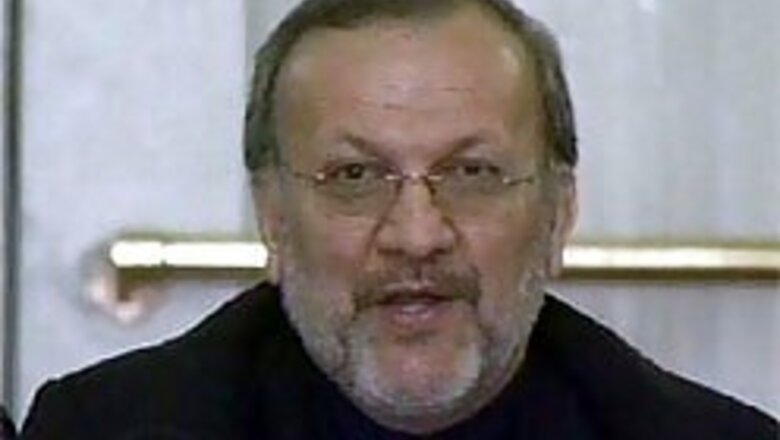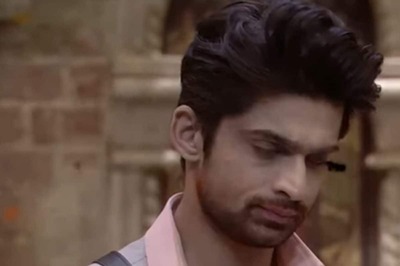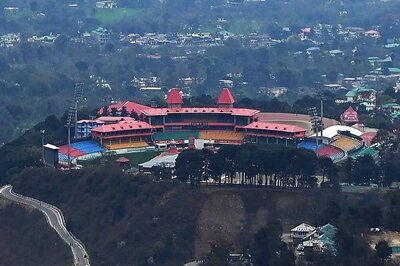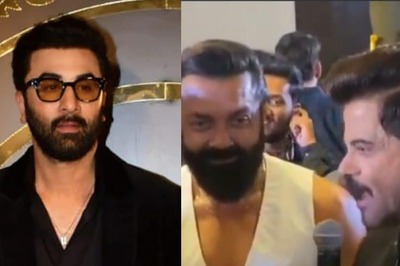
views
Moscow: Iranian nuclear experts were due to arrive in Moscow on Monday to discuss a Russian proposal on resolving the crisis over Iran's nuclear plans, but there was little sign that Tehran was prepared to compromise ahead of the talks.
The two sides were to discuss a Russian plan to set up a joint enterprise that would carry out uranium enrichment work on Iran's behalf on Russian soil.
The plan, Russia hopes, would provide fuel with which Iran could generate nuclear energy while allaying Western concerns that Iran wants to develop nuclear weapons.
The idea has been widely seen as a last chance for Tehran to avoid being hauled before the UN Security Council for possible punitive action such as the imposition of sanctions.
Moscow's offer would allow "Iran to develop peaceful atomic energy and to guarantee to the whole world that this will not lead to the spread of weapons of mass destruction," the head of Russia's atomic energy agency Rosatom, Sergei Kiriyenko, told Kommersant newspaper earlier.
Iran has already been reported to the Security Council and is under pressure to provide greater access to International Atomic Energy Agency (IAEA) inspectors and return to a full freeze of enrichment work.
But on Monday Russian newspapers echoed doubts in the West as to the chances of a decisive breakthrough and voiced growing fears expressed in Russian media that the United States might resort to force against Iran.
Russian "politicians are inclined to see these talks as the key to solving the crisis, which from day to day risks becoming a global one, in the event that the US and its allies make massive air strikes on secret Iranian nuclear installations," the Gazeta opposition newspaper wrote.
"But clearly neither of the antagonists considers Russia's peacekeeping role to be as great as Moscow does," Gazeta wrote.
On the eve of talks the tone in Tehran was defiant.
PAGE_BREAK
National security official Ali Hosseini-Tash, who was to lead the Iranian team to Moscow, told state television that "the Islamic republic's officials have said they will not back down in defending their rights".
Javad Vaidi, a member of Iran's Supreme National Security Council who was due in Brussels on Monday for talks there, said, "The Islamic republic is not being stubborn or adventurist, but it will not accept the suppression of its nuclear fuel activities".
Earlier, Iranian Foreign Minister Manouchehr Mottaki said the Russian plan needed "more discussions and clarifications, notably on who can participate its calendar and on the places where enrichment can take place".
Doubts that Iran will accept the Russian compromise have grown following its decision to restart small-scale uranium enrichment while at the same time mobilising public opinion in a way that leaves little room for compromise.
Opinion has also been hardening in the West, with US Secretary of State Condoleezza Rice last week branding Iran's government "a strategic challenge to the United States, to the world, and a destabilising influence in the Middle East".
If Iran rejects the Russian plan, tension could rise rapidly ahead of a March 6 meeting of the IAEA in Vienna.
Rice was to begin a Middle East tour on Monday partly aimed at seeking support from key Arab states against Iran's policies.



















Comments
0 comment